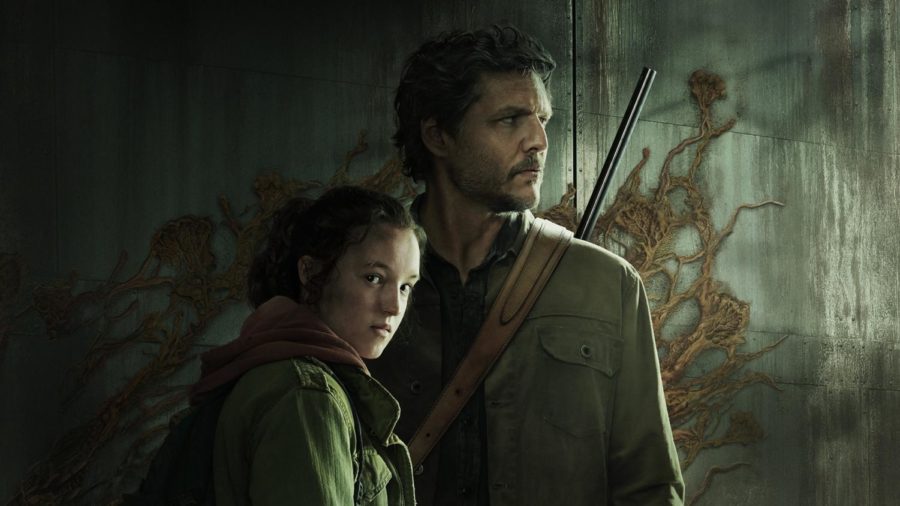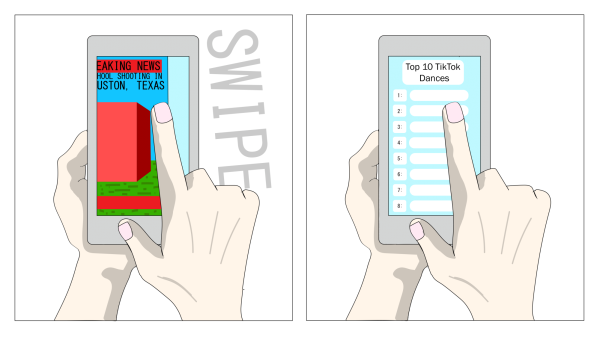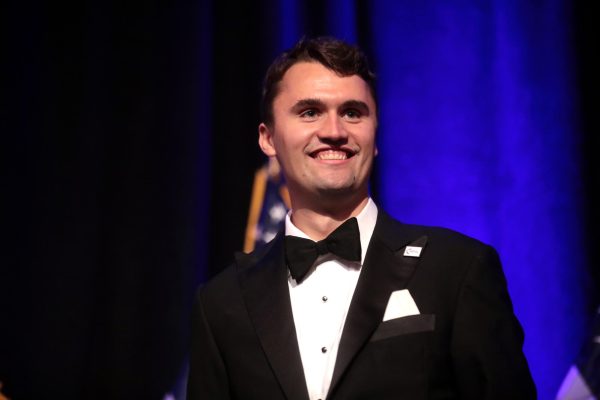One adaptation not lost in the dark
“The Last of Us” stands alone as a well-produced, faithful adaptation
photo by HBO
“The Last Of Us” cover photo from HBO’s official website. Episodes premiere every Sunday at 9 p.m.
When it was revealed that HBO would be producing a live-action adaptation of “The Last Of Us,” fans of the series were concerned. Many who have played the game worried the adaptation would stray too far from the source material, and for good reason. Adaptations like “The Witcher,” “Velma,” “Uncharted,” “Halo” and “Resident Evil” have continued a trend where titles and franchises do not pay enough respect to the original.
“The Last Of Us” has broken this curse of ruining brands with terrible adaptations. Seven episodes in, the reception has been overwhelmingly positive, with many considering the third episode to be one of HBO’s greatest individual episodes. Though the episode was heavily altered from the original act in the game, the implementation of the revised story respects the importance of the characters while allowing their relationships take a larger role with a new meaning.
With two episodes left for season one, there is still room for reviews to sour, but so far, “The Last Of Us” has been praised for its incredible depiction of the original story, characters and the relationships shared between them. Many secrets and references to the game are left throughout the show, leaving fans excited to see the next episode’s hidden details.
“The Last Of Us” video game was originally released by Naughty Dog in 2013, and critics immediately loved the narrative, praising the game as a masterpiece in video game history. Its incredible storytelling challenged the public’s distasteful perception of gaming, as “The Last Of Us” provided a strong example that game could be a legitimate form of art. By sticking close to the original formatting of the story and remaining consistent with the source material, it is no wonder why “The Last Of Us” is doing so well on HBO.
However, many still do not know why the trend to take particular intellectual properties and make unfaithful adaptations is so strong. There is nothing to gain from ruining a franchise with a story that bears no resemblance to the original. Examples like “The Witcher: Blood Origin” or “Velma” have shown that the built-in audience that comes with a series is lost when the adaptation deviates from the source material. Any new audience that is not familiar with the original hesitate to watch when fans of the series vent their disapproval of the adaptation, expressing their criticism online. Adaptations tend to forget what made the original so great.
“The Witcher” on Netflix had received positive reception when the first season was released, but as the second season came out, the show lost its audience. The story radically changed to make favorite characters pitted against each other with several, common tropes from generic films. Fans of the books and games left when the second season no longer remained faithful to the original work of Andrzej Sapkowski, the author of The Witcher series. The remaining audience after the second season was lost on the release of The Witcher: Blood Origin, an unfaithful interpretation of the world before witchers—neither fans nor newcomers enjoyed this series as it lacked any meaning, significance, and instead felt like every other fantasy film. Come season three of The Witcher, it is doubtful if there will be an audience left for the series.
“Uncharted” was another game series made by Naughty Dog and was adapted into a film, released in theaters in 2022. Instead of focusing on a particular story from the series, the movie incorporated scenes and characters from across the series, mashing them into one amalgamation. Casting for the characters were blatantly decided based on fame instead of accuracy to the original. On top of that, the story deviated too much and appeared as a stereotypical action film that lacked depth. However, many highlights from the series were included, giving it potential to improve in a sequel. While the film was about “Uncharted,” it took a lot of liberty in changing the narrative and its portrayal. “Uncharted” wasn’t a flop, but it could have been a lot better.
Directors continue to use franchises, brands, series and other famous works to promote a story that bears no resemblance to the original product, though this trend might come to an end with the success of “The Last Of Us.” Filmmakers and producers have nothing to gain from making an adaptation that only adapts the name for publicity, as rewriting the stories and characters takes away from the appeal of the production. The source material garnered attention from many for its compelling story and excellent narrative, so adaptations that are made without adhering to the original work are doomed to fail from the start. “The Last Of Us” has been a refreshing change of pace with a revised plot that builds upon the award-winning story of the original.
Your donation will support the student journalists of Hagerty High School. We are an ad-free publication, and your contribution helps us publish six issues of the BluePrint and cover our annual website hosting costs. Thank you so much!







